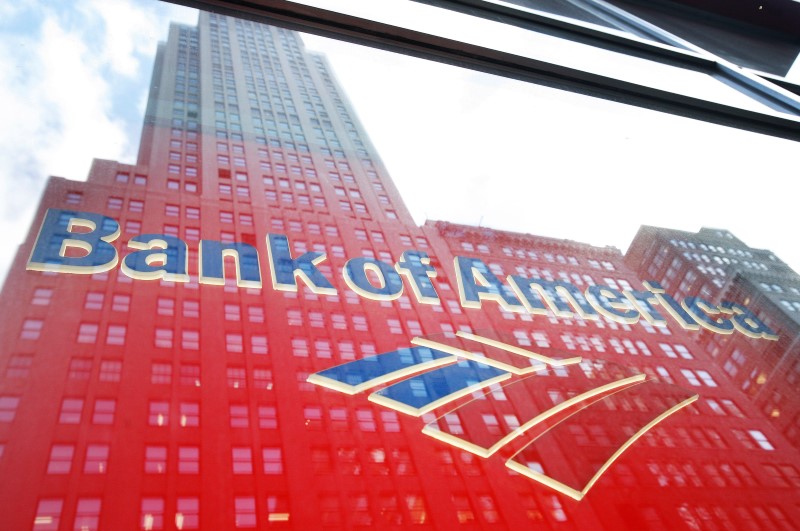This post was originally published on this site
https://i-invdn-com.investing.com/trkd-images/LYNXMPEI860IT_L.jpg
(Reuters) -An attorney for Ambac Financial (NYSE:AMBC) Group Inc told a New York state court judge on Wednesday that Bank of America (NYSE:BAC)’s Countrywide unit was “blinded by sheer greed” to churn out toxic mortgages that it bundled into securities, as trial began on the bond insurer’s $2.7 billion case.
Between 2004 and 2006, Ambac insured securities backed by 375,000 home loans from the bank’s Countrywide unit. The insurer claims 80% of the loans were the product of poor underwriting standards or had other deficiencies that violated insurance agreements, and that Bank of America failed to repurchase the loans as required.
Attorney Michael Carlinsky said in opening statements that Ambac was “decimated” by its exposure to troubled mortgage-backed securities Countrywide issued before the 2008 financial crisis.
The insurer ultimately paid more than $2 billion in claims to cover investor losses after the mortgages failed, and is seeking $2.7 billion including interest.
New York Supreme Court Justice Robert Reed is overseeing the trial, which is expected to last multiple weeks.
Bank of America has said in court filings that Ambac accepted the risks of insuring the mortgage bonds to reap multi-million dollar premiums. The bank also argues that Ambac’s losses are not due to loan underwriting but the decline in home prices after the 2008 financial crisis.
The bank also said in filings that Ambac cannot rely on statistical sampling and must prove it breached the agreements on a loan-by-loan basis.
At its peak, Ambac was the second-largest bond insurer in the world, having guaranteed the timely payment of interest and principal on more than $550 billion of debt.
The case is the largest of several lawsuits Ambac has pursued against issuers of residential mortgage-backed securities. The company filed for bankruptcy in 2010, after the housing market crashed, and emerged in 2013.
Bank of America spent years cleaning up the mess from the 2008 crisis. It repaid a $45 billion bailout by taxpayers and was slapped with more than $76 billion in fines in the decade after the housing crash.

